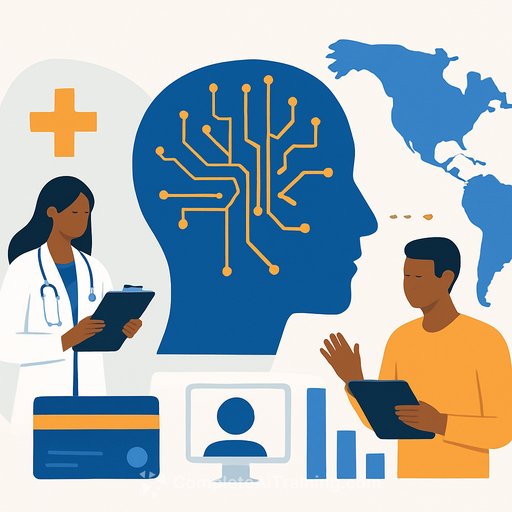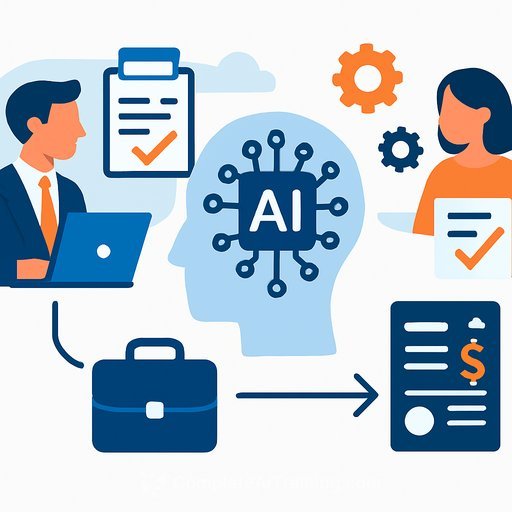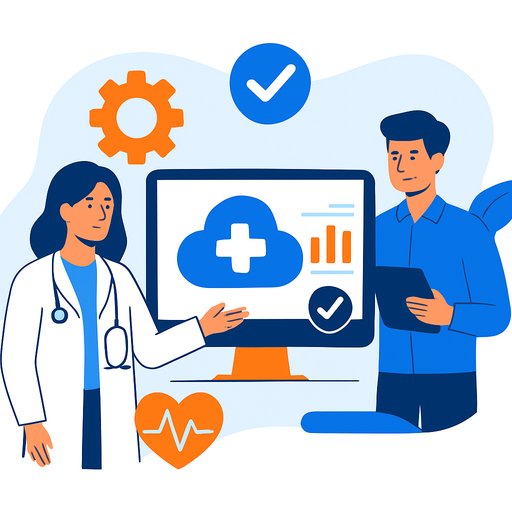Waystar Closes Acquisition of Iodine Software, Extending AI Leadership in Healthcare Payments
Waystar Holding Corp. (Nasdaq: WAY) has completed its acquisition of Iodine Software, bringing together one of the industry's largest financial datasets with one of the largest clinical datasets on a single cloud platform. The move expands Waystar's total addressable market by more than 15% and adds Iodine's client base of 1,000+ hospitals and health systems.
Waystar expects the deal to be immediately accretive to gross margin and adjusted EBITDA margin, and accretive to revenue growth and non-GAAP net income per diluted share in 2027. The company cites a strong M&A track record and plans to accelerate growth through cross-selling opportunities.
Why this matters for providers
Uniting clinical intelligence between care delivery and claim submission with deep financial data creates end-to-end visibility across the revenue cycle. The goal is simple: prevent revenue leakage and ensure providers are paid fully and accurately.
Expect stronger automation across documentation, coding, claim quality, and denials management-driven by an AI platform that learns from combined clinical and financial signals.
By the numbers
- 30,000 clients and over 1 million distinct providers on Waystar's platform
- Six billion healthcare payment transactions processed annually
- Over $1.8 trillion in annual gross claims, spanning about 50% of U.S. patients
- 16 of the top 20 institutions on the U.S. News Best Hospitals list use Waystar
- Iodine adds 1,000+ hospitals and health systems; TAM expands by 15%+
- Accretive to gross margin and adjusted EBITDA margin immediately; accretive to revenue growth and non-GAAP EPS in 2027
What to expect next
Integration will focus on the bridge between clinical operations and billing-where documentation, coding accuracy, and claim quality determine cash flow. Providers should see tighter handoffs, more precise documentation support, and cleaner claims.
As the platforms unify, Waystar plans to leverage the combined data assets to drive a continuously learning AI model that improves outcomes over time.
Practical takeaways for RCM, CDI, and finance leaders
- Map handoffs across CDI, coding, utilization review, and billing. Identify where data re-entry or manual checks slow cash or cause errors.
- Engage your Waystar and Iodine teams on the product roadmap, integration timelines, and pilot opportunities that target denials, DNFB, and write-offs.
- Tighten data governance now. Confirm policies for PHI access, audit trails, model oversight, and API readiness to support integrated workflows.
- Stand up small, measurable pilots. Start with high-impact use cases like documentation accuracy, medical necessity checks, and claim edits before submission.
- Upskill teams on AI-driven workflows and oversight. Build competency in prompt quality, model evaluation, and exception handling to capture ROI quickly.
Advisors on the transaction
Barclays served as exclusive financial advisor and Simpson Thacher & Bartlett LLP as legal advisor to Waystar. J.P. Morgan Securities served as exclusive financial advisor, and Weil, Gotshal & Manges LLP and Queen Saenz + Schultz PLLC served as legal advisors to Iodine.
Forward-looking note
Waystar's expectations regarding accretion, growth, and integration benefits are forward-looking and subject to risks, including competitive dynamics, client retention, regulatory shifts, and execution on post-merger integration. Refer to the company's filings for risk factors and updates.
Learn more
Resource for AI upskilling
If you are planning workforce training around AI in revenue cycle and clinical operations, explore role-based options: AI courses by job.
Your membership also unlocks:





